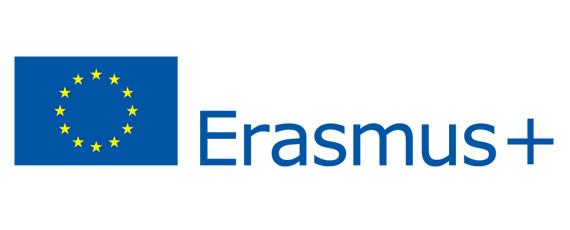he Union
With the agreement to Erasmus+ by the European Parliament and the Council of the EU at the beginning of December, it was decided on 12.12.2013 to publish the first call for proposals, the programme guide (only in English) and examples of online-forms on the EU Commission’s website (available here). The submission dates for applications for the academic year 2014/15 in the new generation of programmes are 17th March (mobility) and 30th April (cooperation and twinning projects).
The estimated budget for the duration of the Erasmus+ Programme is €14.7 billion, a 40% increase compared to current spending levels.
The next generation of EU education programmes, between 2014 and 2015, will provide new options for the management of mobility and both European and international educational cooperation.
The Commission has published a new Agenda for the Modernisation of Higher Education Systems in Europe to ensure that the objectives of Europe 2020 are met.
This decision (see below) was made at the end of June 2013. The EU member states under the Irish presidency agreed with the EU Parliament on the key points of the new EU programme, now called Erasmus+ for Education, Training, Youth, and Sport which was launched on 1st January 2014. This supersedes both the programmes for lifelong learning, YOUTH IN ACTION and the international EU higher education programme with third countries. In the area of education, however, the well-respected “brand names” representing the respective education sectors shall remain:
- COMENIUS (school education)
- ERASMUS (higher education)
- LEONARDO DA VINCI (vocational education and training)
- GRUNDTVIG (adult education).
The Erasmus+ Programme is aimed at supporting youth in action and sport. In addition to the existing programme, Erasmus+ will not only support life-long learning throughout the different education sectors, but also focus on the three key actions of the programme:
- Key action 1: Mobility for individuals
- Key action 2: Partnerships
- Key action 3: Support for policy reform.
Details of the planned measures within the key actions can be found under: The Erasmus+ Agenda 2020: the German perspective
Source:
German Academic Exchange Service (Deutscher Akademischer Austauschdienst e.V. DAAD)
Nationale Agentur für EU Hochschulzusammenarbeit
Kennedyallee 50
D-53175 Bonn
Tel.: +49 (0) 228 882-0
Fax: +49 (0) 228 882-555
E-Mail: eu-programme [at] daad.de
Internet: http://eu.daad.de
The ERASMUS University Charter (EUC) is awarded by the EU Commission. It provides the general framework for all European co-operation activities a higher education institution may carry out within the Erasmus+ Programme.
The University of Applied Police Sciences has been a holder of the EUC since February 2011 so making it an active participant in the ERASMUS+ programmes.
Erasmus+ co-ordinator at the University of Applied Police Sciences:
Frau Karen Wiegand
Tel.: +49 (0) 3301 850-2042
Mail: erasmus[dot]fhpol[at]polizei[dot]brandenburg[dot]de
Inter-institutional agreements exist with the following institutions for the exchange of students and teaching staff:
- National University of Public Service Budapest (Hungary)
- Police Academy Szczytno (Poland)
- The Witelon University of Applied Sciences in Legnica (Poland)
- Turkish National Police Academy Golbasi Ankara (Turkey)
Eligibility criteria
In order to take part in the programme, students, teachers or staff must be citizens of one of the countries participating in ERASMUS. Students from non-EU countries can take part in an ERASMUS programme if they are enrolled at a German institute of higher education where they will complete their study course. Teachers and other staff must be employed at a German institute of higher education in order to take part in a programme.
Additional eligibility criteria – Mobility abroad for people with disability
Disabled people are entitled to a subsidy for any additional costs within the framework of an ERASMUS study-related stay abroad. This is valid for all forms of ERASMUS mobility (studying, internships, teaching, education and training, and costs arising from preparatory travel and intensive programmes).
Liability clause
The Project has been funded with support from the European Commission. This publication [communication] reflects the views only of the author, the Commission cannot be held responsible for any use which may be made of the information contained therein.







